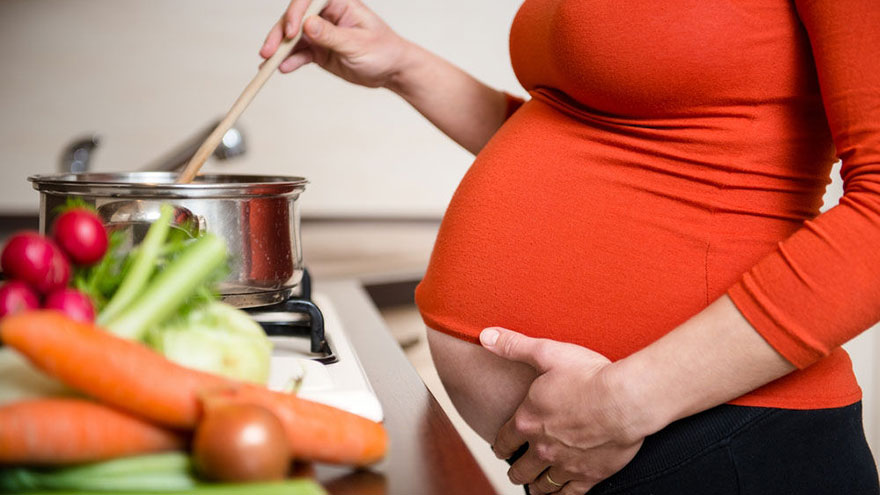How to Eat Safe While Pregnant
Some foods that are otherwise harmless become a hazard during pregnancy. The immune system of a pregnant woman is already working overtime to divert resources to the unborn baby, while keeping the woman’s body protected as well.
The vulnerability created makes pregnant women more susceptible to illness and pathogens, along with a few other hazards found in the food supply. Every pregnant woman can eat safely during pregnancy and avoid harming themselves and the baby.
5 Steps to Eat Safe While Pregnant

1. Learn the list of forbidden food for pregnant women.
The U.S. Food and Drug Administration and your obstetrician can both provide you with a list of foods that pregnant women must avoid during pregnancy. Obstetricians usually give out the list during the first prenatal checkup, while the FDA provides materials on their website and in the offices of programs developed to help pregnant women.
These include Women, Infants, and Child Food Nutrition Service, a federal program referred to as WIC, and also local departments of health and human services. From soft cheeses that carry listeria to fish known to contain mercury, the foods on the lists must be avoided to stay safe and healthy during pregnancy.
2. Throw out any perishable food that has been sitting out or unrefrigerated for two hours or more.
This means takeout containers, reheated leftovers and even freshly made home meals. Two hours is the time it takes bacteria to colonize in the food. Throw it out at the two-hour mark no matter what.
3. Read the “use by” or expiration date on the food you intend to eat before you eat it.
When food is past its expiration date, it can contain microorganisms that are harmful to the pregnancy and the baby.
4. Eat only fully cooked foods, with the exception of fresh fruits and vegetables.
Parasites, bacteria and other microorganisms can live in meat that has been cooked to a temperature lower than 160 degrees Fahrenheit.
Eggs can carry salmonella and must be cooked to safely get rid of the bacteria. Use a food thermometer to ensure that your food is cooked to a temperature high enough to be safe.
5. Look closely at your surroundings every time you dine out.
Make sure that the eating area and staff are clean and there are no foul odors in the air. Food preparation in an unclean environment is one way a pregnant woman and her baby can become ill by simply eating a meal. Don’t hesitate to leave an establishment that does have an unclean environment.
Tips & Warnings
- When the temperature is above 90 F, bacteria can contaminate the food much faster. In this environment, the perishable food must be thrown out after being left out for an hour.
- Toss out the doggie bag if you don’t eat or refrigerate the food within two hours of receiving it. No matter how well it’s packed, the leftovers must be refrigerated in the two-hour window to be safe to reheat and eat.

